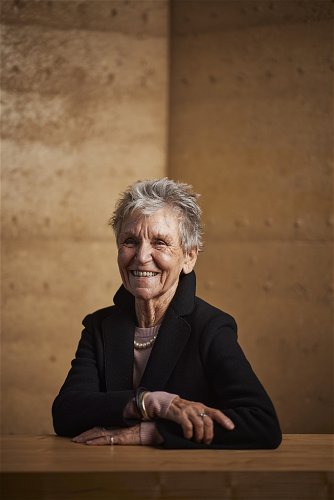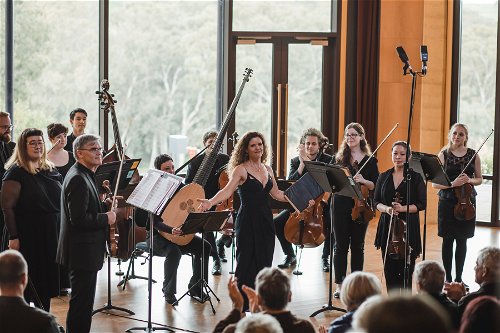Orava Quartet Interview
SEPTEMBER 2022 – Answers from Karol Kowalik (Orava Quartet Cellist)
Your 2022 UKARIA program opens with the Shostakovich String Quartet No. 6 and can come as a surprise to audiences more familiar with the grit of his other quartets. How do you make sense of this piece within Shostakovich’s oeuvre?
The sixth quartet by Shostakovich is for some reason very rarely performed. It was written at an interesting and happy time in his life. Stalin had just died, and Shostakovich had just been married to his second wife. The quartet starts off very optimistically, before Shostakovich takes us on a rollercoaster of twists and turns. In Shostakovich's quartet cycle, I find interest in each quartet as an intimate snapshot of what was going on in his life at the time. His output is more bleak as it goes on. The eighth quartet is just around the corner!
The second piece you are playing, Orawa by Wojciech Kilar, clearly means a lot to you. What drew you to this piece initially?
Orawa is a piece that me and my brother Dan [Orava Quartet Violinist] grew up listening to as children. We are of Polish heritage and have a very special connection to the work. The piece draws on the mountainous terrain, grass covered mountain pastures as well as the rivers that run through the Orawa region. We love being a Polish Highland band for 10 minutes!
A lot of people would have heard Kilar’s music – with some of his work famously appearing in the film The Pianist – and yet his name may still be unfamiliar. When did you first discover him and his music?
We listened to Kilar's music as children, and we used to watch movies that Kilar wrote the score for. Most notably Pan Tadeusz, Francis Ford Coppola’s Dracula, and The Pianist. I just recently played in the Queensland Ballet's production of Dracula, and this has inspired me to seek out more works by Kilar.
After interval, the program takes a turn towards folk traditions from across Europe. What similarities do you detect in these works, despite their disparate origins?
The Mad Piper, Orawa, and even moments of the Shostakovich are based on folk melodies with deep roots in the Eastern European tradition. The Nordic folk music is very new to us and we are very excited to enter into this new and foreign sound world, similarly with the Greek folksong that is the basis of the new Kats-Chernin quartet. We connect with the simplicity of how they are presented which allows us to try and connect with each region; we’ve been enjoying the process.
What is next for the Orava Quartet?
We have a busy and exciting 2023 coming up. We are itching to finally release our new album in early 2023 for Deutsche Grammophon. We can't wait to share it with the world. It contains two works from our UKARIA program, the Shostakovich sixth string quartet and Kilar’s Orawa, as well as works by Erwin Schulhoff and Australian composer Luke Howard. We will also continue our residency with Camerata – Queensland's Chamber Orchestra – and Bangalow Music Festival, and perform in various regional centres and capital cities in Australia. And as we inch closer to ‘normality’ we are looking to resume international touring; hopefully to North America, watch this space!



 012.jpg?class=grid1)






